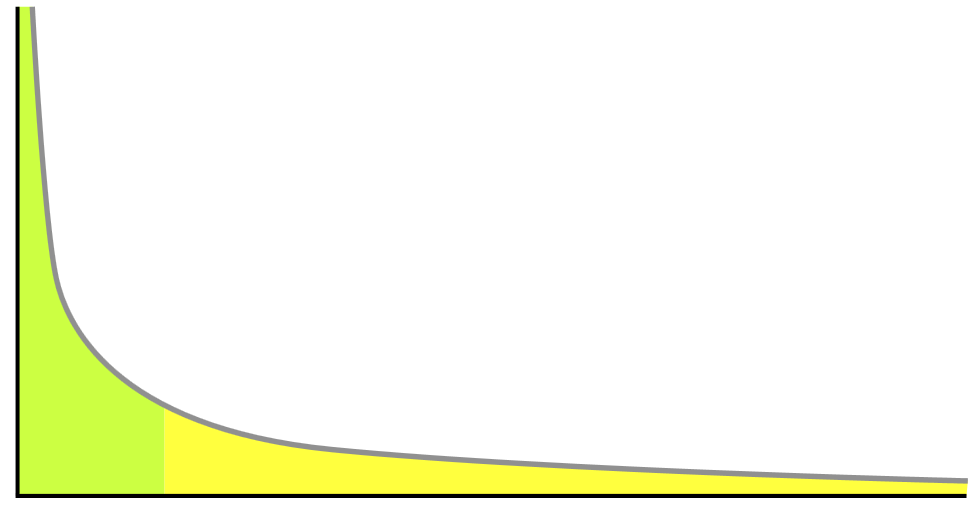
What is a long tail keyword?
There is a new SEO sheriff in town and it’s name is Long tail keyword. What are these? These are longer and more specific keyword phrases that a visitor is more likely to use when they’re closer to buying or when they’re using voice search. They’re a little bit counter-innate to begin with, but they can be largely valuable if you know how to use them.
An example may be like this: if you’re a business that sells modern furniture, the chances are that your site is never going to appear near the top of an organic search for “furniture” in Google because there’s too much competition (this would be more relevant if you’re a smaller business or a startup). But if you specialise in “contemporary art-deco furniture”, then keywords like “contemporary Art Deco semi-circle lounge” will be found by those consumers looking for exactly that particular product.
Controlling long tail keywords is a matter of establishing a better line of communication between your business and the customers who are already constanty shopping for what you provide.
If you google the word “arm chair” (which is a broad keyword sometimes named as a “head term”) what are the chances you’re going to end up clicking through to a sale? But if you google “ATELIER Fabric Armchair” you know exactly what you’re looking for and you’re probably prepared to pay for it straight away.
However, you need to be aware that you going to draw less traffic with a long tail keyword than you would with a more common one, but the traffic you do draw will be more focused and more desirable to your service.
The name “long tail” is a visual symbol for the shape of a distribution graph.
Say we were to draw a graph of web-wide keyword popularity, a very few sayings (Justin Bieber, Facebook & sex) would stack up an enormous number of searches.
But here’s the surprise : those keyword searches, the “head” which we some refer to as the head a a dragon, in real life terms account for a specially small percentage of searches, about fifteen to twenty percent, depending on how you measure them. Another twenty to twenty five of searches come from mid-length keywords, which means that approximately seventy percent of page views are the result of long tailed keywords. It’s a Chinese dragon: and that’s because the tail goes on and on.
Qualified Searchers work with Long-Tail Keywords
With a shorter keyword, the competition for rankings can be brutal, and ROI can be low. With smart application of long tail keywords, you may generate less traffic, but the return on your investment will be potentially much higher: you’ll be attracting exactly the customers you’re looking for, and those customers will be far closer to buying than that of your less competitors.
Less Competition means Lower Costs
Long tail keywords are valuable for any business who wants their content to rank in organic Google searches, but they’re possibly even more valuable for advertisers running paid search marketing campaigns.
This is because when you bid on long tailed keywords, the cost per click is surely lower, because there’s less competition.
By targeting longer and more specific long tail keywords in your AdWords campaigns, you are able to gain higher ad rankings on relevant searches without having to pay a premium for every click.
But the trick is to find a descent and continuous source of long tail keywords that are right for you’re business. Surprisingly, most keyword tools ignore this category, focusing only on the head and then ignoring the rest of the Chinese dragon.
So what can you do?
How Do You Find Long-Tail Keywords?
It’s easy to find long tail keywords by using free keyword research tools online like https://serpstat.com/. Just enter the word you want to research:
The tool returns the top 10 most popular keywords. You can then download all the information and reports which is similar to Google Analytics.
In summary using long tail keyword variations in your website is a win-win: it means better search rankings and more qualified search traffic. Go on, start using long tail keywords today.


